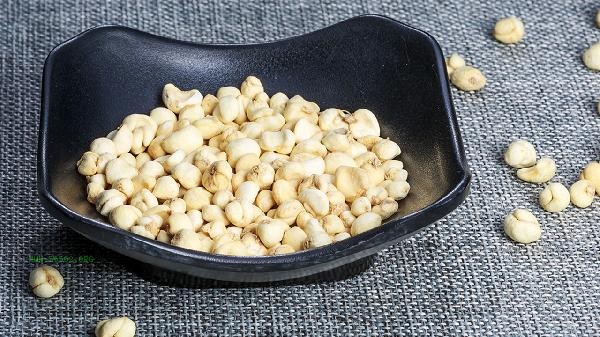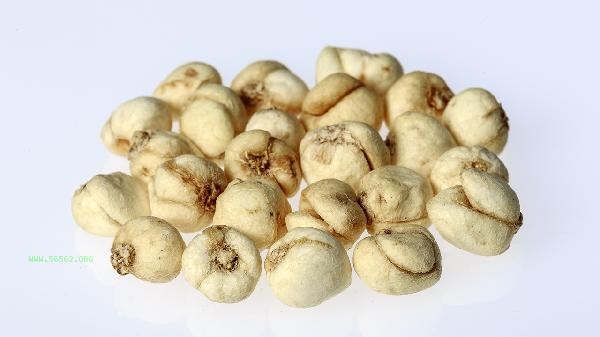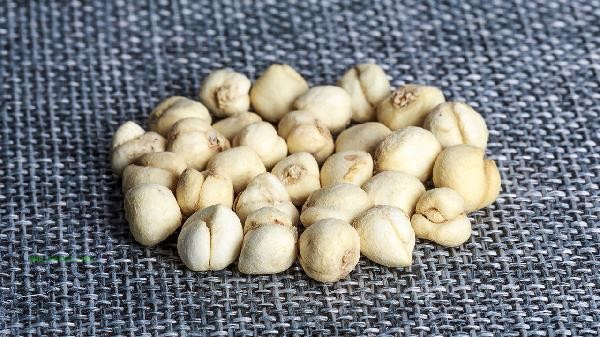It is generally not recommended to continue consuming Sichuan scallop powder after three years of storage. The shelf life of traditional Chinese medicine is usually 1-2 years, and prolonged storage may lead to reduced efficacy or spoilage.

Sichuan Fritillaria powder, as a dry powder of the lily family plant Sichuan Fritillaria, mainly contains alkaloids and has the effects of clearing heat, moistening lungs, resolving phlegm, and stopping cough. Under normal storage conditions, unopened Sichuan scallop powder can maintain the stability of its active ingredients for 1-2 years in a cool and dry environment. If the storage environment has high humidity or comes into contact with air, microbial contamination and oxidation reactions will accelerate the decomposition of active ingredients. Sichuan scallop powder stored for three years may cause clumping, discoloration, and odor, which may irritate the gastrointestinal tract or trigger allergic reactions after consumption. In rare cases, if Chuanbei powder is always sealed and stored in vacuum packaging with a constant temperature and humidity environment, and there is no abnormal appearance or odor, some of its medicinal effects may be retained. However, the composition of traditional Chinese medicinal materials is complex, and there are risks in self judging their safety, especially for special populations such as children and pregnant women who need to be cautious.

It is recommended to purchase fresh Sichuan scallop powder for use. After opening, it should be sealed and refrigerated, and used up within six months. Before taking, observe whether the powder is loose, white, and free of mold spots. Take a small amount and brew it with warm water to smell for any sour or rancid taste. If long-term conditioning is needed, it may be considered to switch to freshly ground Sichuan Fritillaria or choose a standardized decoction provided by the hospital's preparation room. It is recommended to use brown glass bottles for daily storage of Chinese medicinal materials, add food desiccants, and conduct regular inspections.









Comments (0)
Leave a Comment
No comments yet
Be the first to share your thoughts!